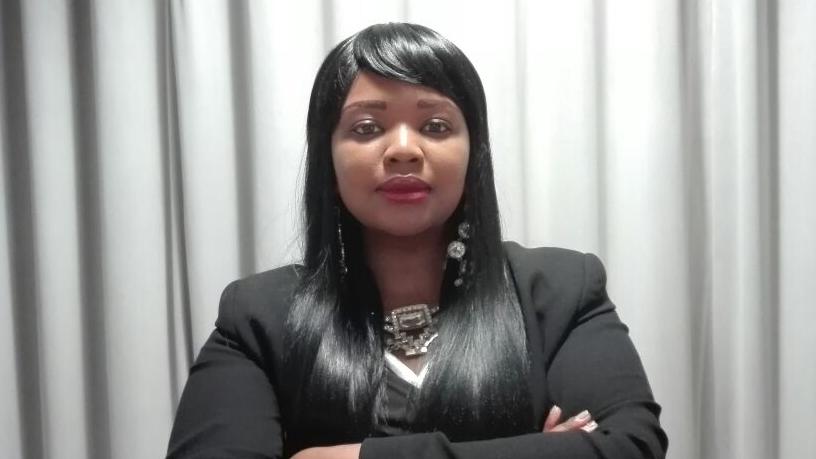
With this year's Fishackathon taking place next month, environmental technologists are gearing up to use digital innovations to solve the global problem of over-fishing.
Fishackathon was introduced in the US by the Department of State's Office of Global Partnerships in 2014, with the aim of addressing fisheries' challenges and producing solutions to sustainable fishing that will not harm surrounding aquacultures.
The global event is organised in partnership with HackerNest, a Canada-based NGO aiming to unify tech communities.
GirlHYPE, a non-profit organisation that teaches coding to girls from townships in Cape Town, will participate in the event, as its global partnerships manager Thokozile Miya explains.
"GirlHYPE decided to be a part of the Fishackathon as from 2016 in order to scale up in terms of business and for the girls to get exposure to providing coding solutions to real-life problems in the aqua-environmental sphere.
"In the two days, we are hoping to have over 100 participants aiming to make a difference and create sustainable solutions to the problems we are currently faced with."
Miya, together with her mother Barathang, who is CEO and founder of GirlHYPE, will organise the Fishackathon for the City of Cape Town.
"Thirty of the girls from Khayelitsha that take part in our after-school programmes will be participating in the Fishackathon," says Miya.
There are winners from each participating country, who then move forward to the global round of the competition to determine the ultimate winner of the contest.
Miya was part of the 2016 South African winning team, whose idea was entitled 'Ghost Gear' and involved the creation of an app called iFound, a mapping tool used to trace lost or abandoned fishing gear in oceans, which affects both the communities and surrounding ecosystems.
"To combat the global problem of discarded fishing gear, amounting to 640 000 000-tonnes per annum and irreparable damage to the world's oceans, we created an app called iFound, which provides a solution thereto. The app uses geotagging to locate fishing nets and other harmful materials." explains Miya.
The app helps connect people and record what they have found both on and offshore by users taking pictures of objects found, tagging them and adding the location. This then enables the object to be found through search engines and retrieved.
"iFound is particularly focused on finding the location of lobster traps," Miya adds.
"We have a prototype of the app and are currently working towards its start-up."
Anyone can register to take part in the event, including coders, designers and technologists with an interest in pioneering solutions to the causes and effects of over-fishing, managing fishermen and strengthening fisheries' research in Southern/Central/Eastern Africa.
Participants are broken up into teams and given a time limit to come up with viable solutions to problems on the agenda, under the supervision of expert mentors who guide them.
Contestants will be judged on the quality and innovation of their ideas, the impact it will have on solving the problem of creating sustainable fisheries and how usable the actual design interface is.
The Fishackathon takes place on 10 and 11 February.
Share